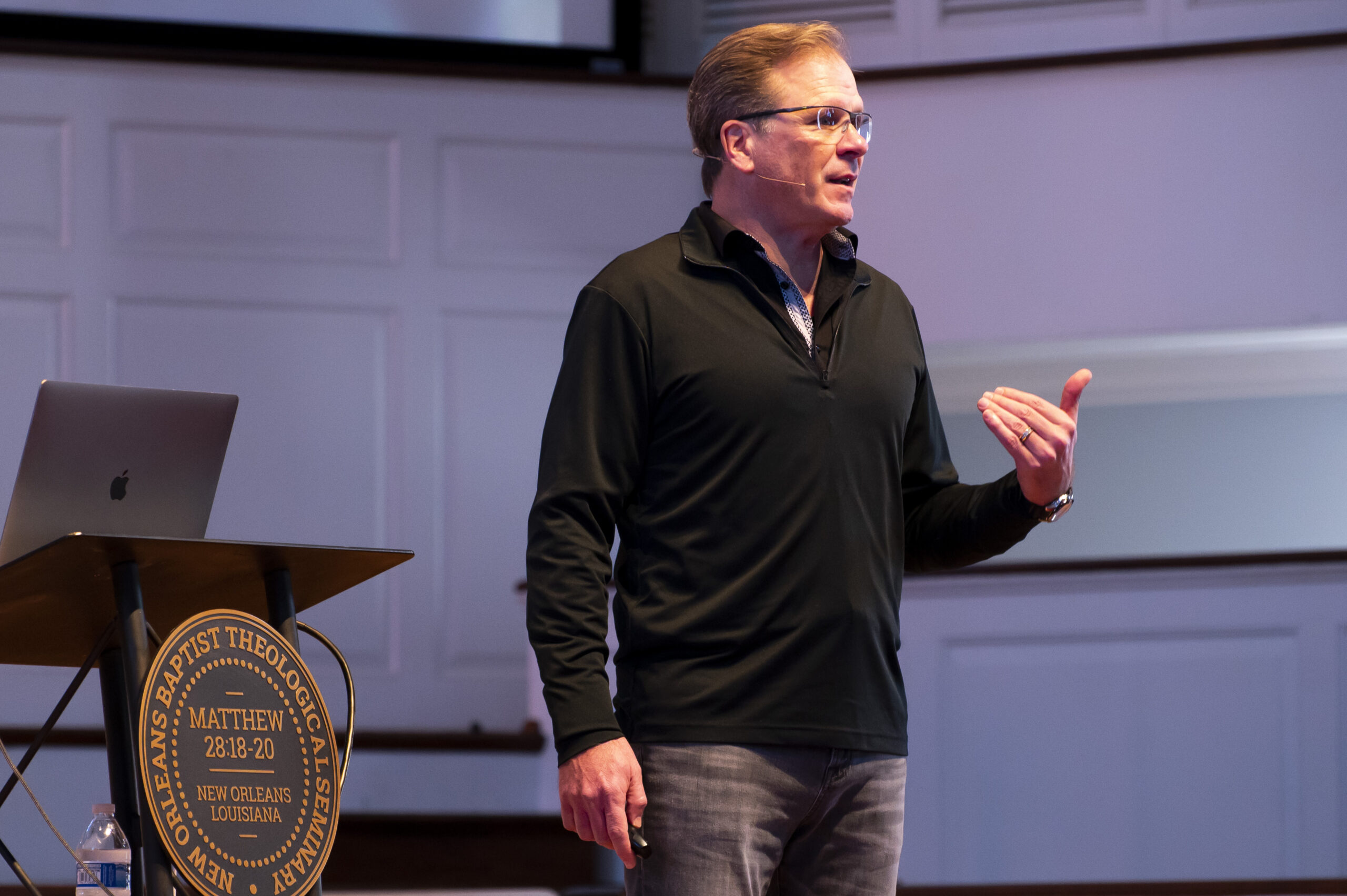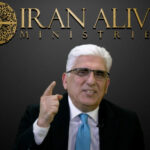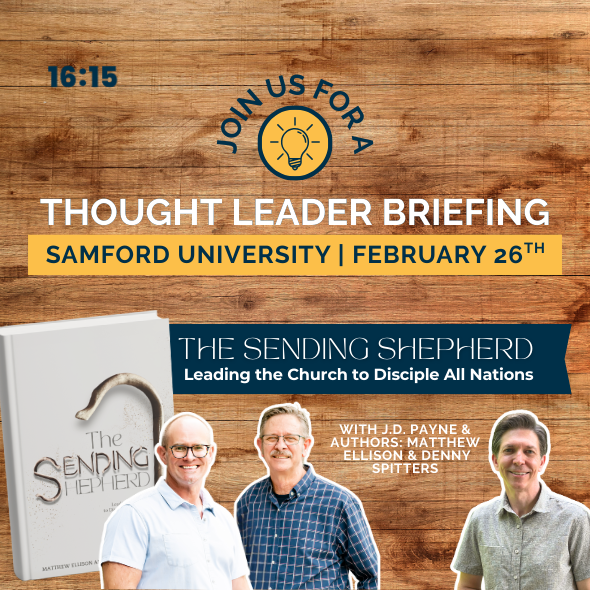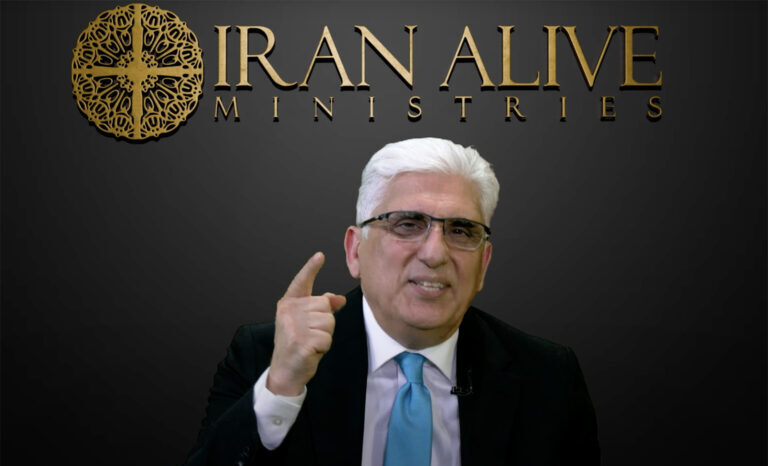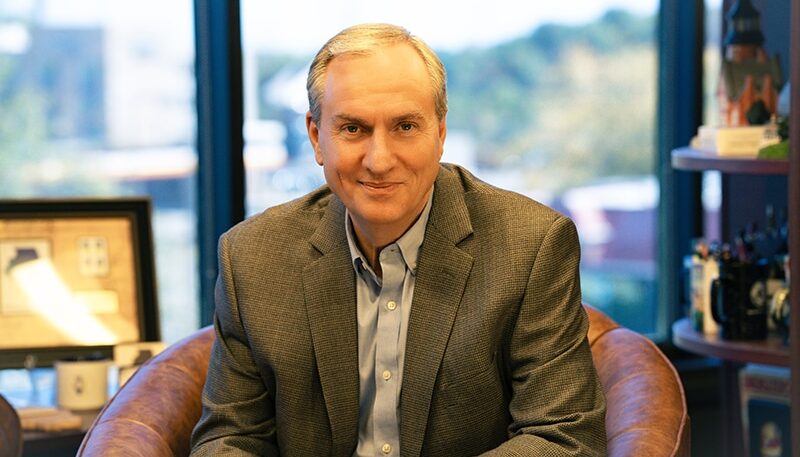A first-ever apologetics event for high school students at New Orleans Baptist Theological Seminary and Leavell College brought together 250 students for a one-day conference on apologetic issues impacting youth today.
Frank Turek, president of CrossExamined.org, a popular speaker — and author of “I Don’t Have Enough Faith to be an Atheist” — headlined the Contend conference and challenged students to think deeper about the faith.
Greg Wilton, dean of Leavell College, noted, “Cliché’ Sunday School answers are insufficient to address the realities of our contentious culture.”
“Apologetics helps students wed biblical fidelity with intellectual resolve to present hope and truth that can only be found in Christ,” he said.
Meanwhile, Turek posed four questions:
Does truth exist?
Does God exist?
Are miracles possible?
Is the New Testament true?
Since each question can be answered “Yes,” Christianity must be true, Turek explained.
Turek advised students to respond when asked if God exists by saying, “I know God exists by His effects.”
He went on to identify “effects” as: the universe had a beginning; the universe has a finely-tuned design; and a moral law exists that humans find compelling.
“In other words, I’m reasoning from effect back to cause,” Turek said during the Jan. 7 event. “If there’s a creation, I’m reasoning back to a creator.
“If there’s design … then I’m reasoning back to a designer,” he noted. “If there’s a moral law written on our hearts, [meaning that] we know certain things are right and certain things are wrong … then there must be a cause known as a Moral law-giver.”
This reasoning from “effect” back to cause points to three arguments for God’s existence: cosmological, design and moral arguments, Turek explained, and all provide grounding for belief in God.
Gary Habermas, a top resurrection scholar and NOBTS visiting professor, shared in the closing plenary session of his wife’s death due to cancer.
Believers should expect suffering in life, as Jesus suffered, Habermas noted, but cautioned that during trials believers must rely on biblical truth and not emotions.
“We must be very careful how we talk to ourselves about God,” he said.
In suffering, believers must remind themselves that God will not forsake them, that God will remain true, and they should keep Scripture close that speaks truth about God’s faithfulness, Habermas said.
Most importantly, believers should remember the resurrection.
“It’s the greatest blessing, the greatest answer,” Habermas said. “Nothing’s like it in eternity.”
Breakout sessions covered topics from cosmology to atheism to responding to today’s gender issues with love and biblical truth.
EDITOR’S NOTE — This story was written by Marilyn Stewart and originally published by New Orleans Baptist Theological Seminary.

